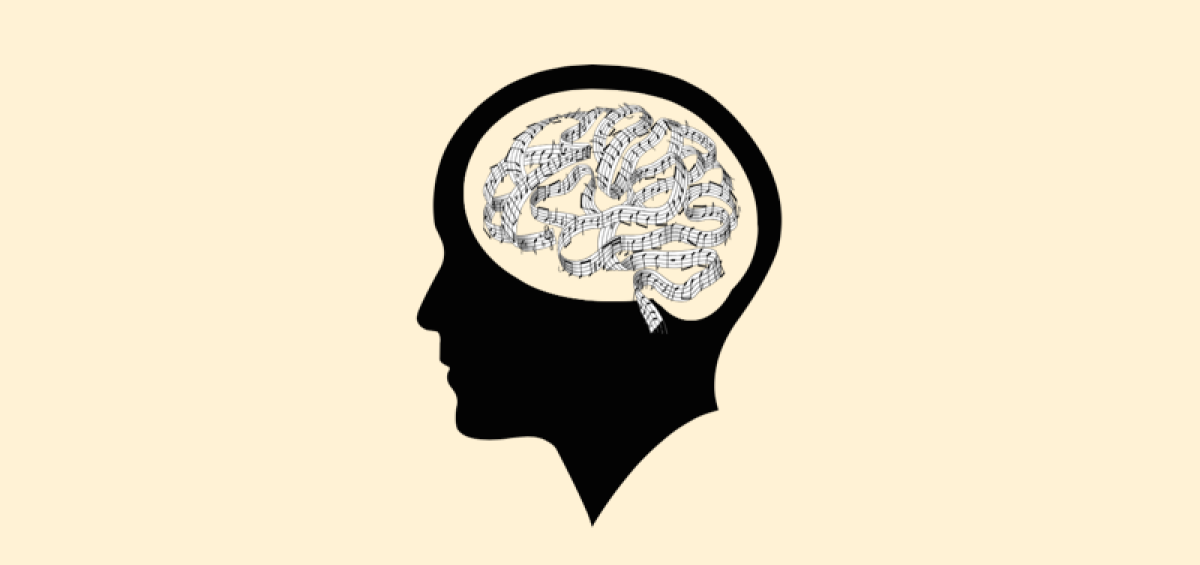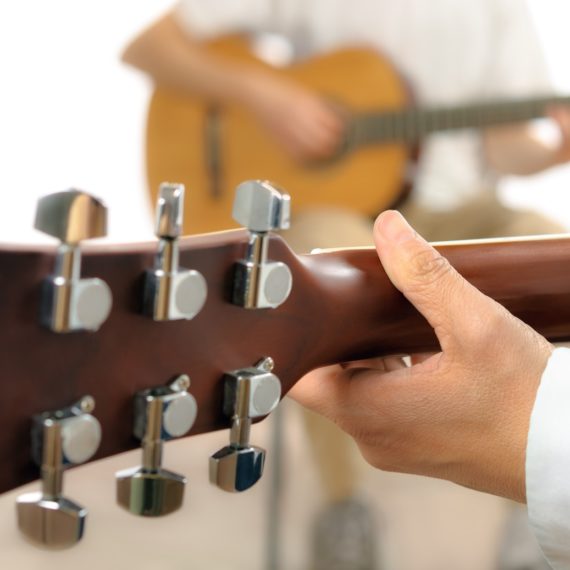There are some truly remarkable benefits of studying music. Music holds a much more important role in childhood development than many people are commonly aware of, or would even intuitively think. Individuals who are encouraged to participate and study music gain a remarkable range of physical and mental benefits from their studies. There is now wide scientific and medical community acceptance that direct correlations exist between musical study and reasoning abilities and problem solving, verbal competency, spatial and mathematical reasoning, and motor and auditory skills. When practically applied, these derived skill sets predict stronger academic performance, enhanced IQ, and categorically higher standardized test scores, all contributing to a wide range life long benefits.
Musical experience encourages brain development
The Journal of Neuroscience featured an article in 2009 indicating that musical experience for as few as 15 months in early childhood leads to structural brain changes which resulted in improved motor and auditory skills. (Hyde et al. 2009, Journal of Neuroscience 29(10): 3019-3025).
Music education contributes to future academic success
Researchers at the Boston Children’s Hospital working with magnetic resonance imaging (MRI) found early music education enhanced areas of the brain used for executive functioning. Children who have received at least two years of private music lessons exhibited higher levels of cognitive control, including stronger information retention abilities and behavior regulation. “Executive functioning is a strong predictor of academic achievement, even more than IQ,” said study senior investigator Nadine Gaab, PhD, of the Laboratories of Cognitive Neuroscience at Boston Children’s. (Jennifer Zuk, Christopher Benjamin, Arnold Kenyon, Nadine Gaab. Behavioral and Neural Correlates of Executive Functioning in Musicians and Non-Musicians. PLoS ONE, 2014; 9 (6): e99868 DOI: 10.1371/journal.pone.0099868).
Musical training helps develop linguistic and verbal skills
Stanford University conducted two studies ultimately demonstrating that mastering a musical instrument improves the way the human brain processes parts of spoken language. The findings indicated that musical training appears to alter the ability of the brain’s language areas to process pitch and timing changes, both of which are common in perceiving words as well as music. “The brain becomes more efficient and can process more subtle auditory cues that occur simultaneously,” says study expert Nadine Gaab (Gabrieli, John, http://news-service.stanford.edu, Nov. 2005).
Musical training helps develop Mathematical and Spatial Reasoning skills
A study found that groups of first graders that received music instruction emphasizing in sequential skill development and musical games involving rhythm and pitch over a seven month period, scored significantly better in math tests than students in groups that received traditional music instruction or none at all. Follow-up studies with different groups of students have shown similar results as well. (Martin Gardiner, Brown University’s Center for the Study of Human Development)
Practicing a musical instrument leads to increased fine motor skill coordination and auditory discrimination
A Harvard-based study discovered that children recieving instrumental music training for three years or more outperform their control counterparts in areas such as fine motor skills and superior discrimination in melodic/tonal and rhythmic discrimination abilities. (Schlaug, G, Norton, A, Overy, K, Winner, E. 2005 Annals NY Acad of Sciences 1060).
Music and character development
In addition to the many medical benefits that come from the study of music in the supporting studies we cited above, it has been our observation that nature of music lessons and challenges of music study foster the development of desirable soft skills and positive character/behavioral traits. Students will gain perseverance and discipline from the structure of daily practice and piece repetition. Practice and repetition is part of the critical process required to build piece familiarity and musical technique. Music lessons are not an instant process, and students will quickly learn patience, self-control and perseverance when confronted with this. Students get to develop their critical thinking and problem solving skills, especially during their own practice times. They will likely encounter various failures throughout the course of their music study, but even these failures contributes to a student’s personal growth as they learn resilience and tenacity. Their parent and their teachers will encourage them to push through the challenges and adversities they encounter in their studies, and students will come out a more confident and self empowered individual as a result.
We hope this article has helped you discover a few of the many reasons why music lessons are an amazing extra curricular for you or your child to participate in. We hope you have been inspired to find an instrument you enjoy, and to learn it, your brain will really thank you for it!
Ready to give it a try? Contact us for St. Louis Music Lessons, or find a music school or teacher in your area






This is some great information, and I appreciate your point that learning a musical instrument can help your mathematical reasoning skills. My son is about to enter middle school, and I want him to continue to do well in his education. He has expressed some interest in learning to play the trumpet, so I’ll definitely encourage him to improve his math skills. Thanks for the great post!